Trump or Harris: Who’s better for China?
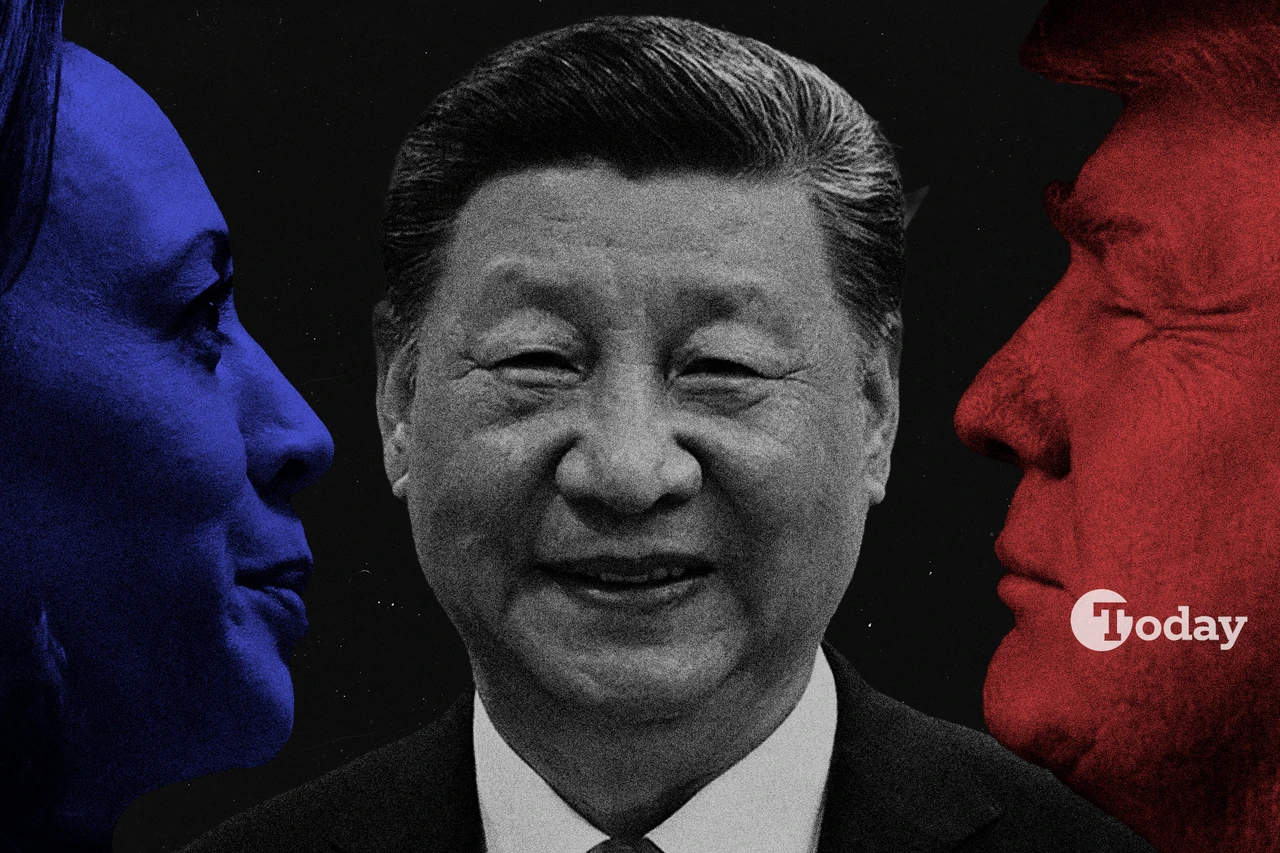 US Vice President, Democrat presidential candidate Kamala Harris, Chinese President Xi Jinping and former US President , Republican presidential Candidate Donald Trump (Collage by Mehmet Akbas/Türkiye Today)
US Vice President, Democrat presidential candidate Kamala Harris, Chinese President Xi Jinping and former US President , Republican presidential Candidate Donald Trump (Collage by Mehmet Akbas/Türkiye Today)
As the U.S. presidential election takes place today, Nov. 5, Beijing is watching closely. Whether Kamala Harris or Donald Trump wins the White House, both candidates present unique challenges and opportunities for China.
While China officially maintains a neutral stance, insights from analysts and Chinese media suggest a nuanced preference based on each candidate’s distinct approach.

Background: A changing global landscape
The next U.S. president will navigate a world transformed by significant economic and political shifts, with China actively seeking to expand its influence across Asia and beyond.
Harris and Trump bring markedly different strategies to foreign policy, trade, and alliances—elements that will shape U.S.-China relations and influence China’s long-term strategy.
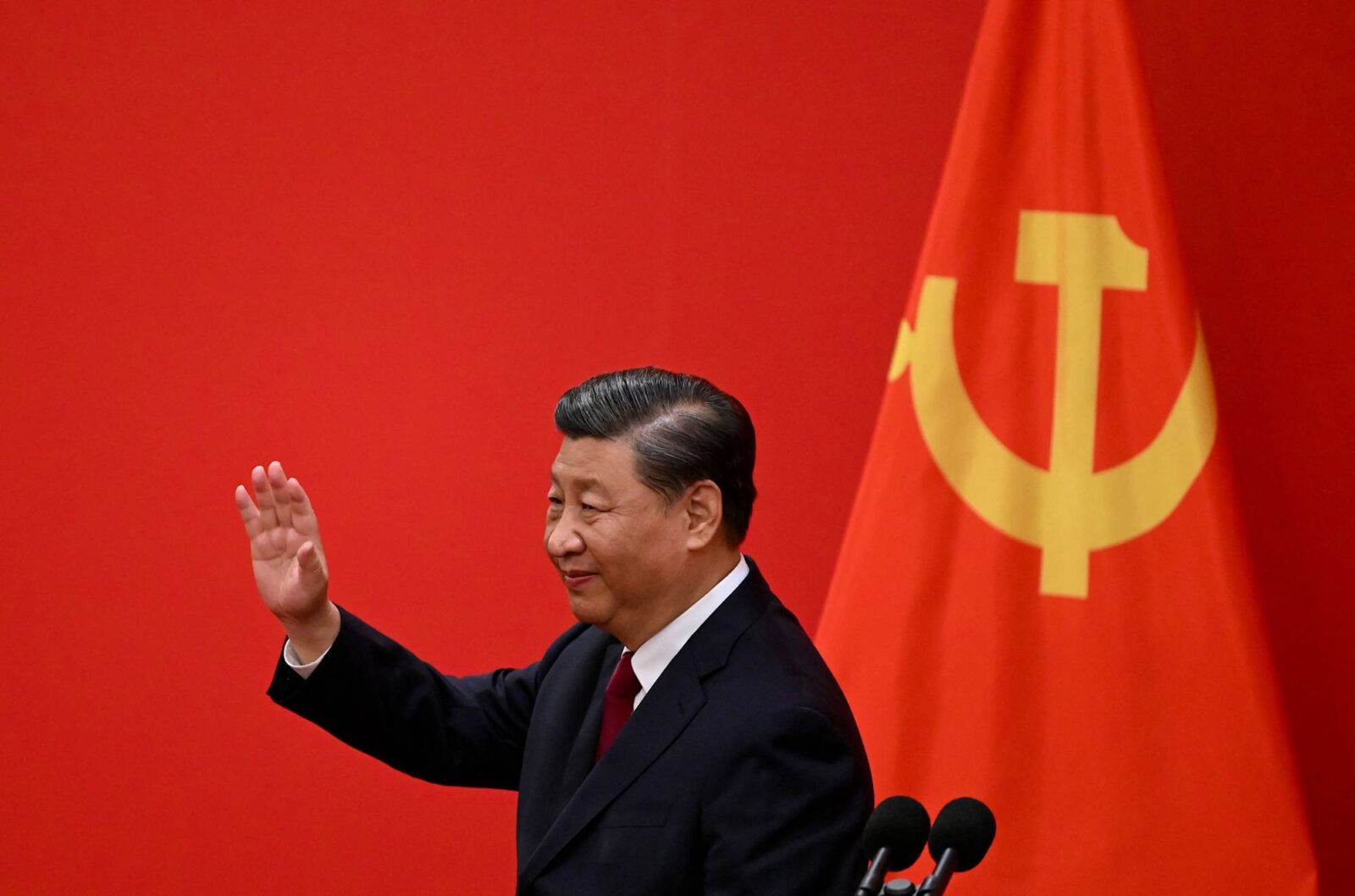
Xi Jinping‘s position regarding the U.S. election remains ambiguous, yet there are signs that Chinese officials may lean toward Kamala Harris. Harris is expected to continue a more consistent and confrontational policy against China, particularly regarding trade practices and human rights issues.
Despite the trade war that was initiated under Trump, he has often claimed to have a good personal relationship with Xi. However, Chinese analysts are concerned that Trump’s erratic style could create more instability in U.S.-China relations, making Harris’s predictable stance potentially more palatable for Beijing.
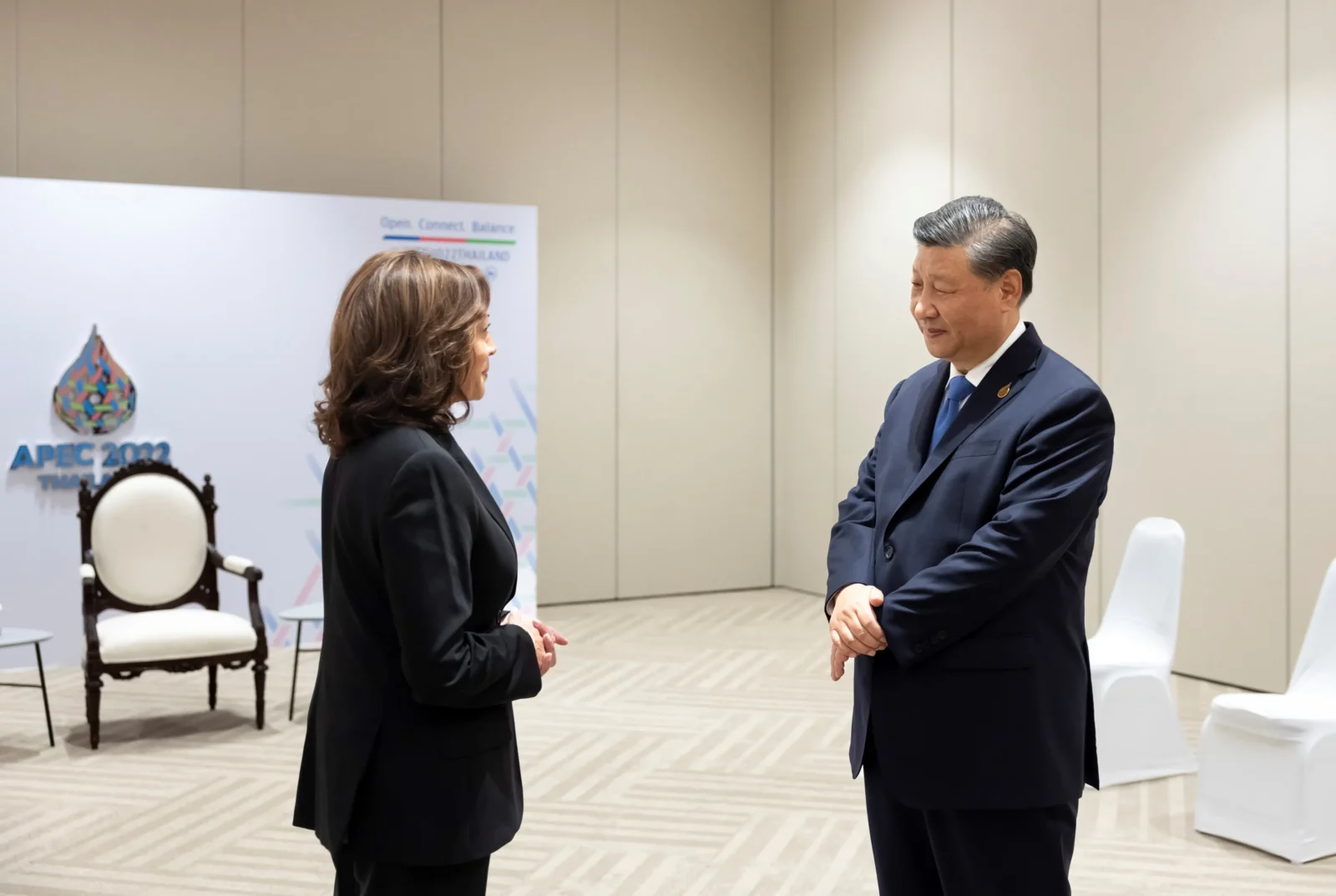
Kamala Harris: Stability with strong competition
- Policy approach: Harris is expected to continue Biden’s “strategic competition” with China, focusing on targeted sanctions, export controls on critical technologies, and a collaborative, multilateral approach with U.S. allies.
- Pros for China: Harris’s administration would likely provide a sense of stability, reducing the risk of sudden economic disruptions. Her predictable and multilateral strategy allows China to better anticipate U.S. actions, leaving room for potential diplomatic engagement.
- Cons for China: Harris would likely impose stringent controls on technology exports to China and maintain a firm stance on security issues. Tensions over Taiwan and activities in the South China Sea are expected to persist, potentially limiting China’s influence in the region.
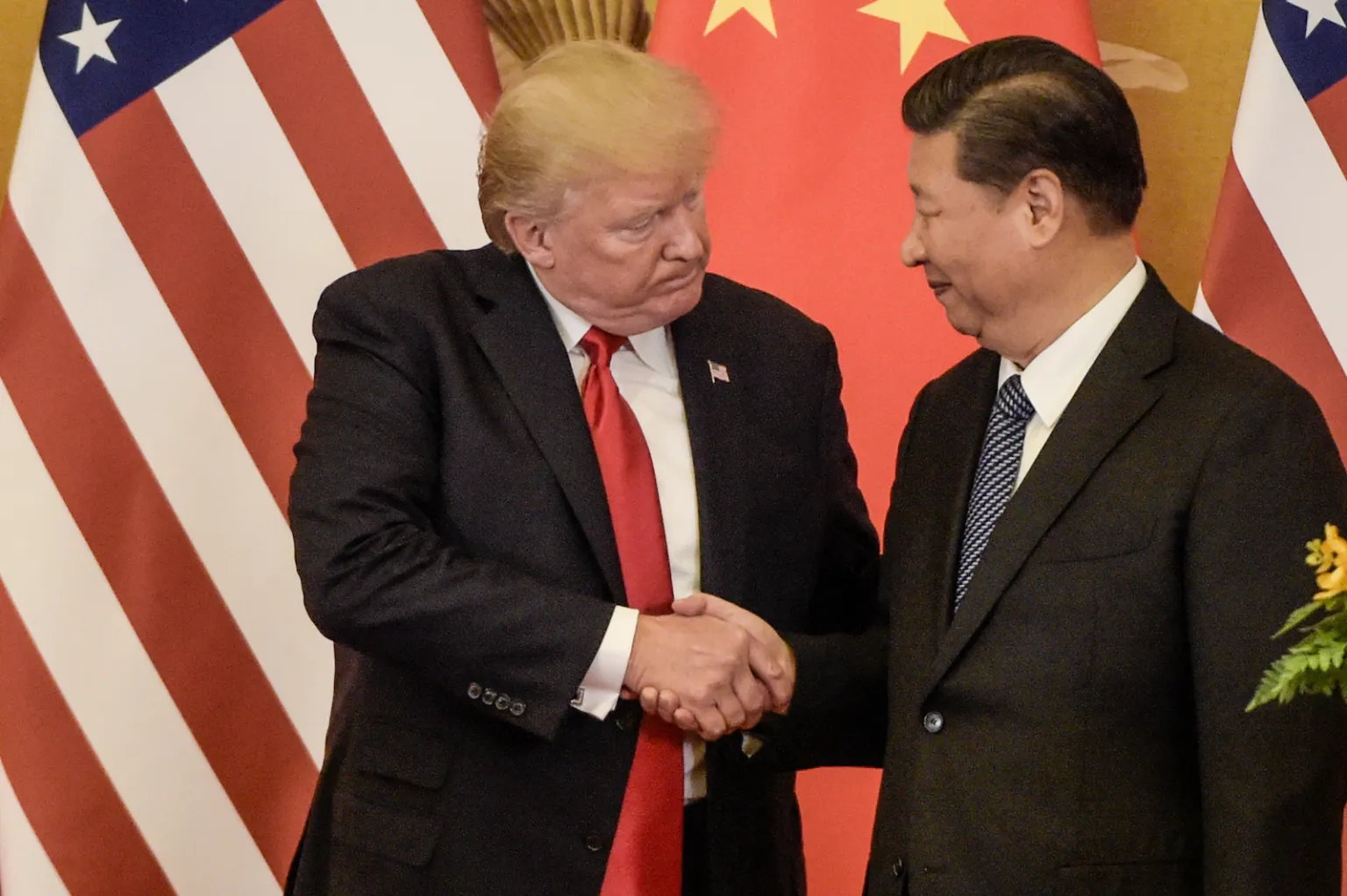
Donald Trump: Unpredictability with potential opportunities
- Policy approach: Trump’s “America First” agenda could lead to higher tariffs, a strong focus on reducing trade deficits, and a more transactional approach to sensitive issues like Taiwan and U.S. alliances.
- Pros for China: Trump’s confrontational style and strained relations with U.S. allies could weaken American influence, creating opportunities for China to enhance its role in Europe and Southeast Asia. His isolationist tendencies might also result in reduced U.S. engagement in Asia, giving Beijing more strategic space.
- Cons for China: Trump’s emphasis on tariffs and economic decoupling could disrupt Chinese exports and prompt U.S. companies to shift supply chains away from China. Additionally, his unpredictable stance on Taiwan could escalate military tensions, increasing risks of instability in the region.
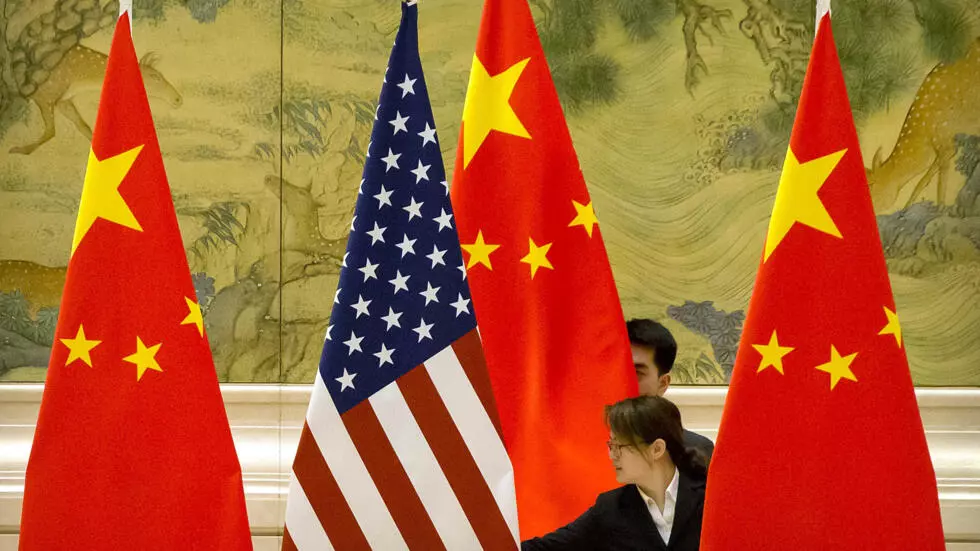
Key issues to watch
- Tariffs and trade: Trump’s approach to tariffs could lead more U.S. companies to reevaluate their supply chains, negatively impacting Chinese manufacturing. While Harris is also expected to maintain some tariffs, her focus is likely to be on bolstering domestic industries and securing supply chains, which may affect China differently.

- Taiwan: Trump might leverage Taiwan in negotiations, introducing volatility into the situation. Conversely, Harris is likely to uphold Biden’s consistent support for Taiwan, including arms sales, but with less provocation. Both scenarios pose challenges for Beijing, although Harris’s approach may be more predictable.
- Alliances in Asia: Harris’s consultative approach resonates positively with U.S. allies like Japan and South Korea, fostering regional stability. Trump’s previous demands for allies to assume greater financial responsibility for U.S. military presence could strain these alliances, potentially opening doors for China to expand its influence.
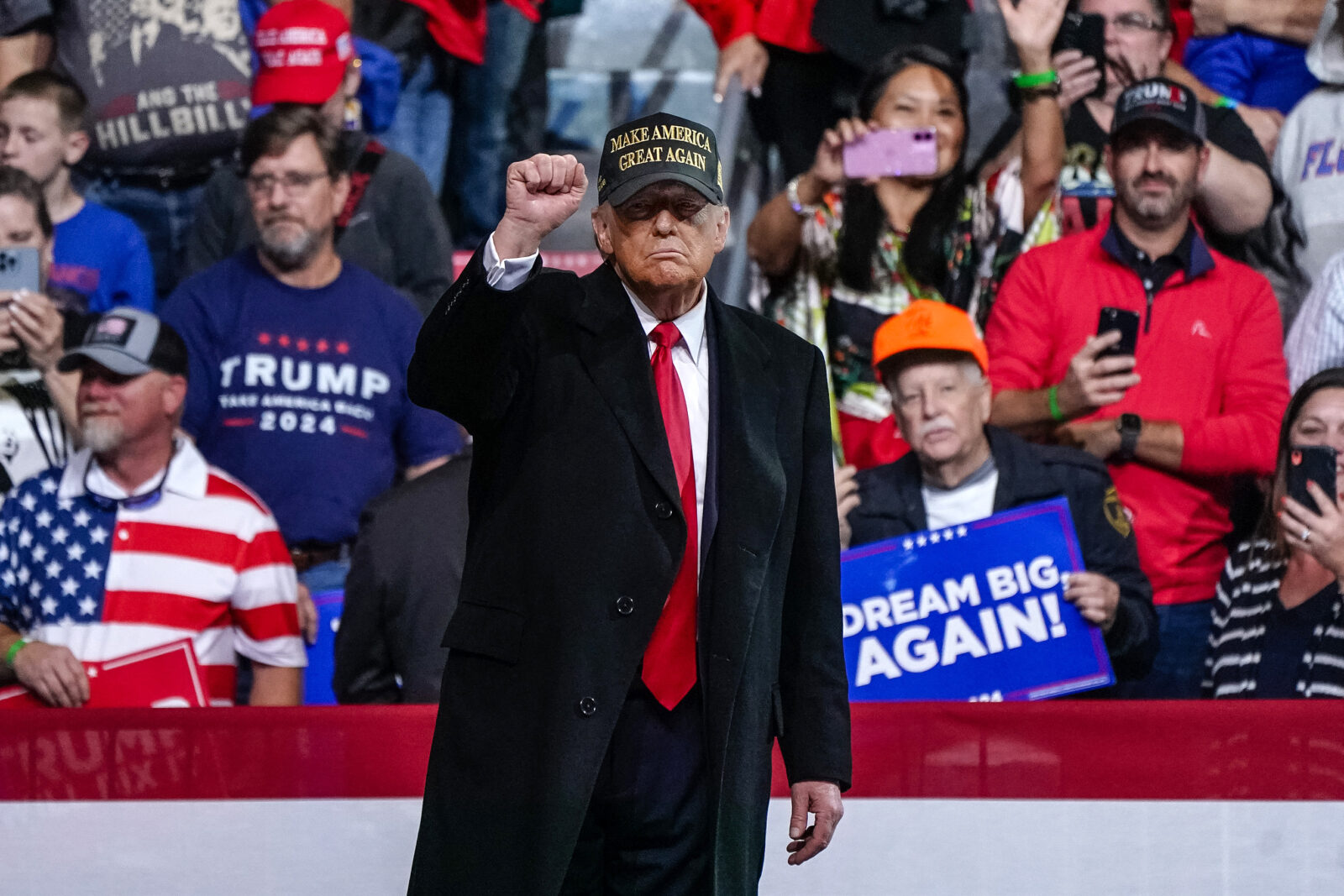
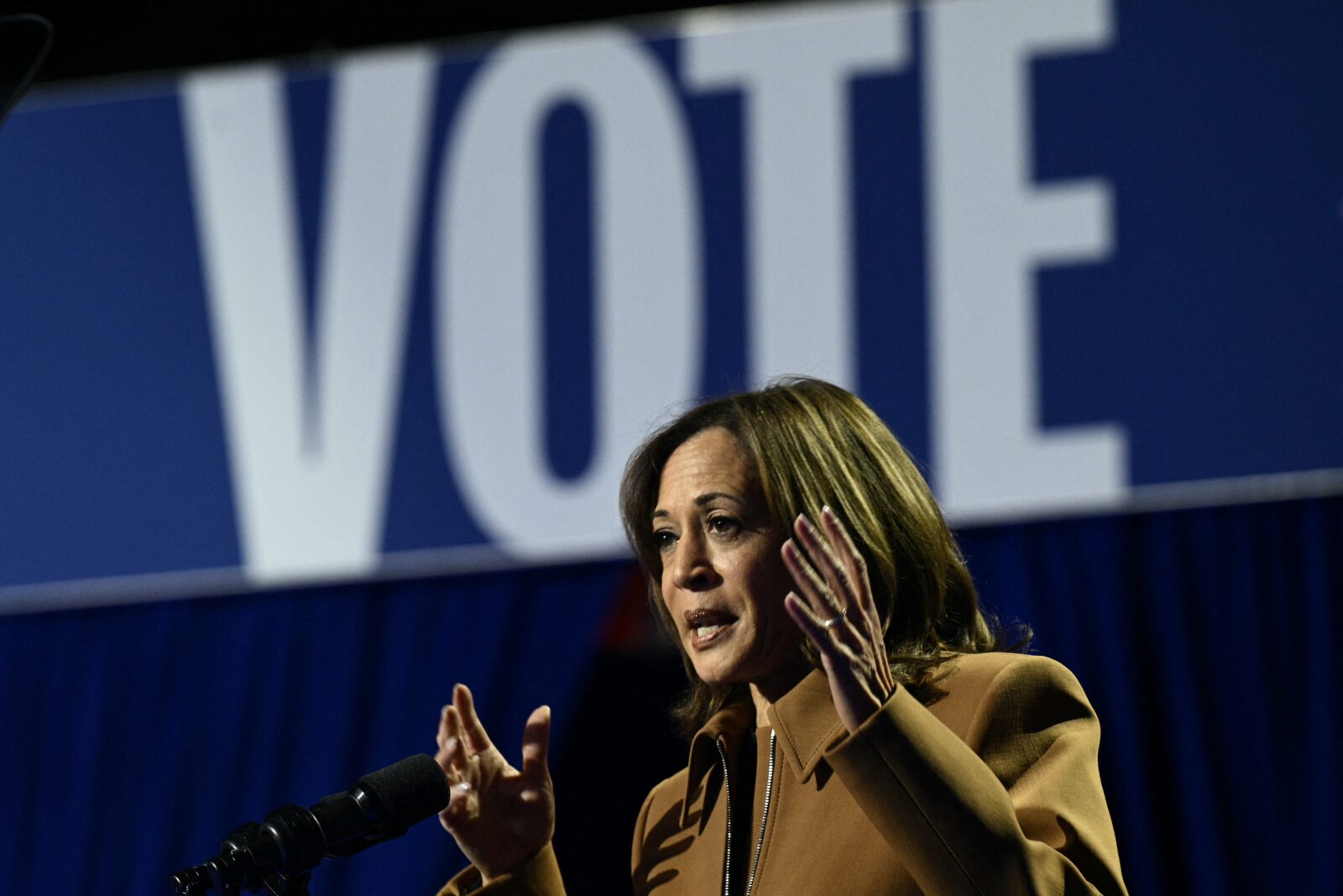
What this means for China’s long-term strategy
China may lean slightly toward Harris, perceiving a stable U.S.-China relationship as an opportunity for gradual diplomatic advancements.
However, Trump’s “America First” policy, despite its unpredictability, could also create strategic openings for Beijing, especially if it leads to diminished U.S. support for its allies.
Bottom line
For China, both candidates present a mix of challenges and opportunities. Harris offers a steady yet competitive approach, while Trump’s unpredictability may yield both risks and openings.
As U.S.-China rivalry intensifies, Beijing will likely adapt its strategy to align with whichever leader emerges from today’s election.



